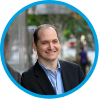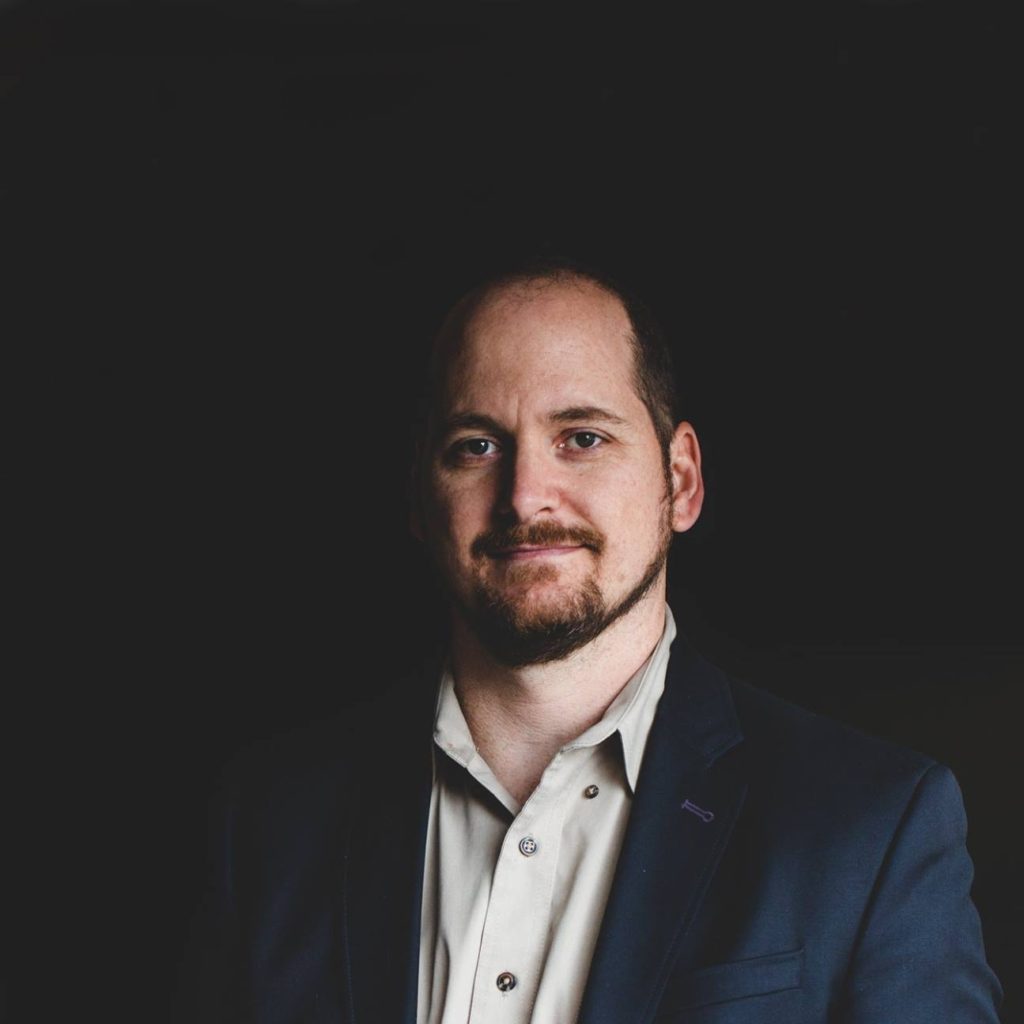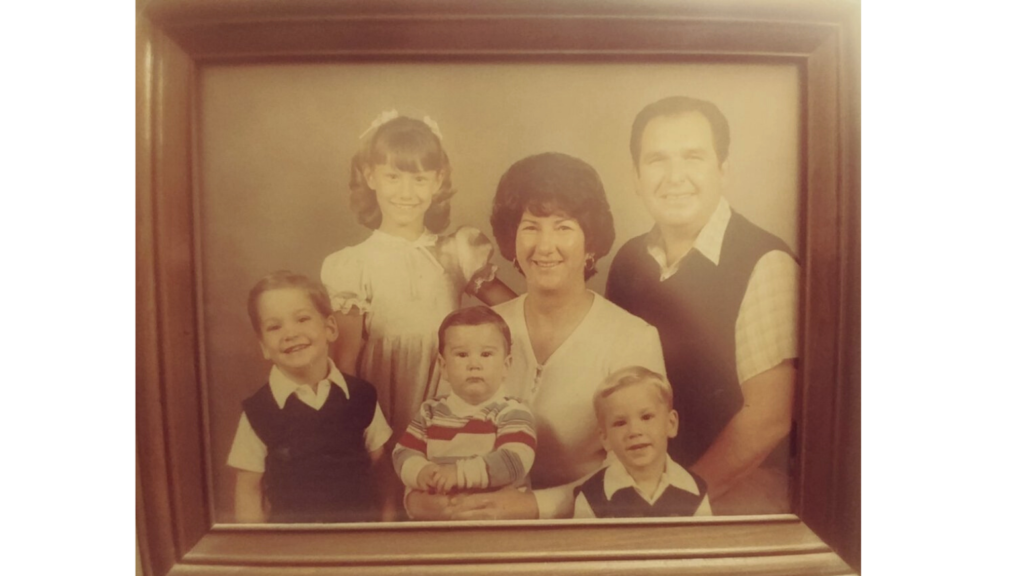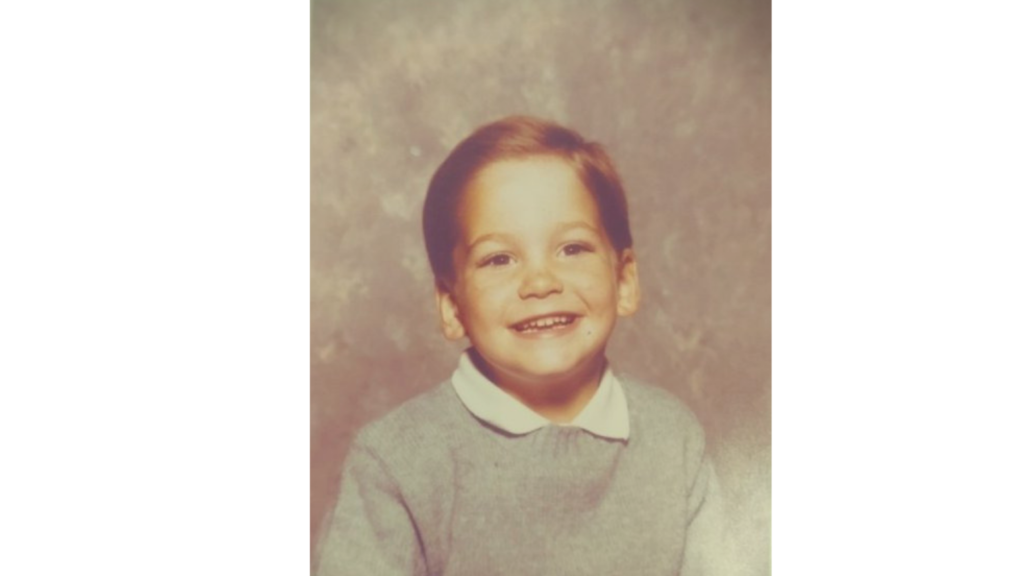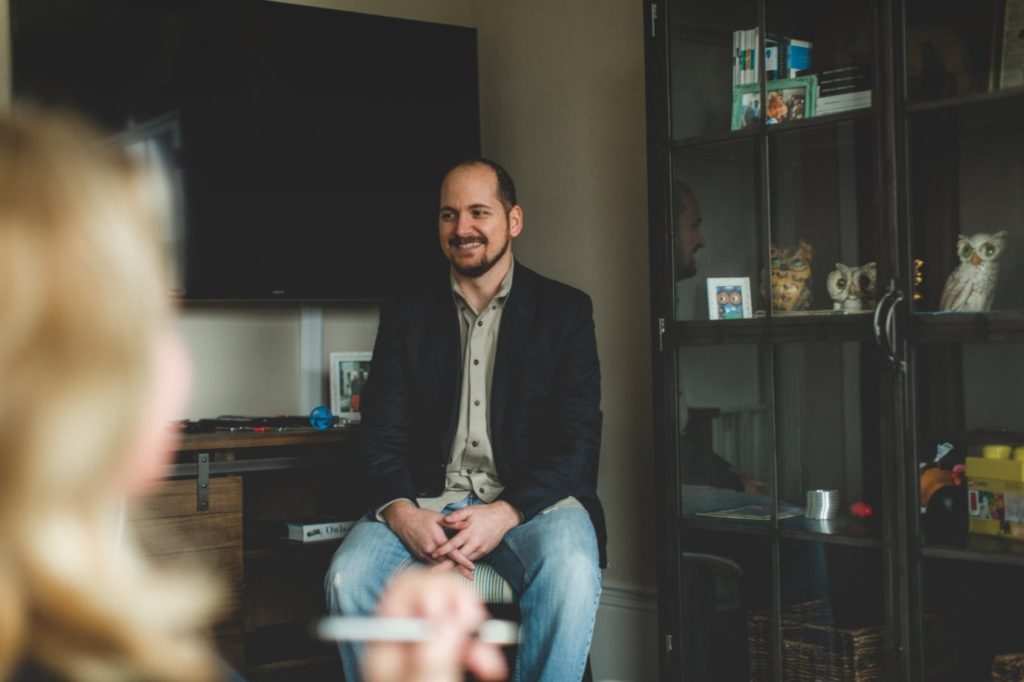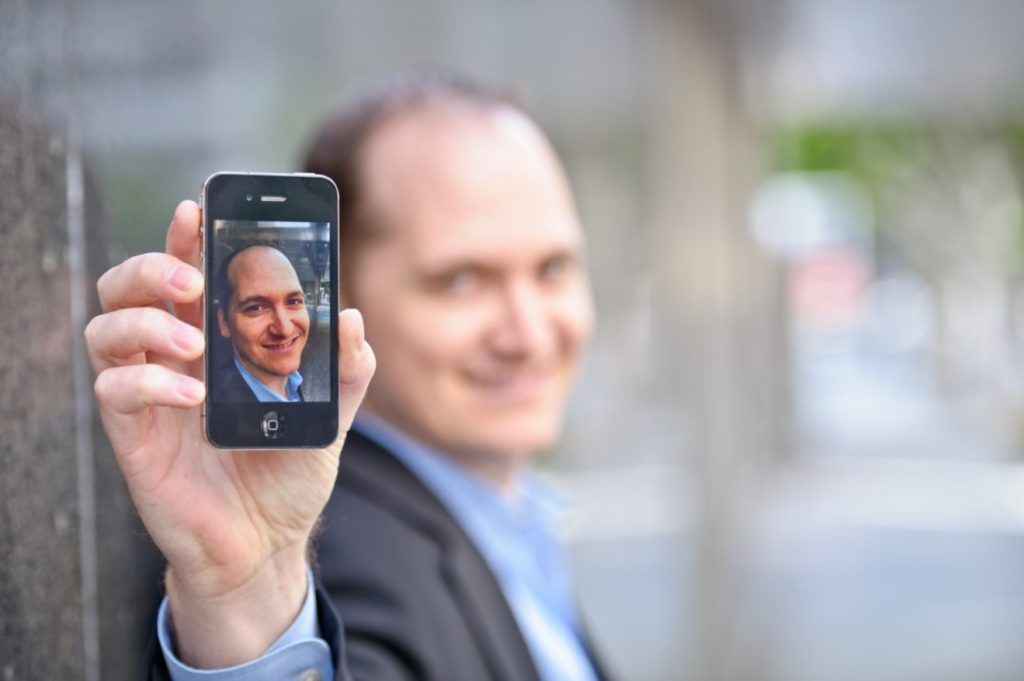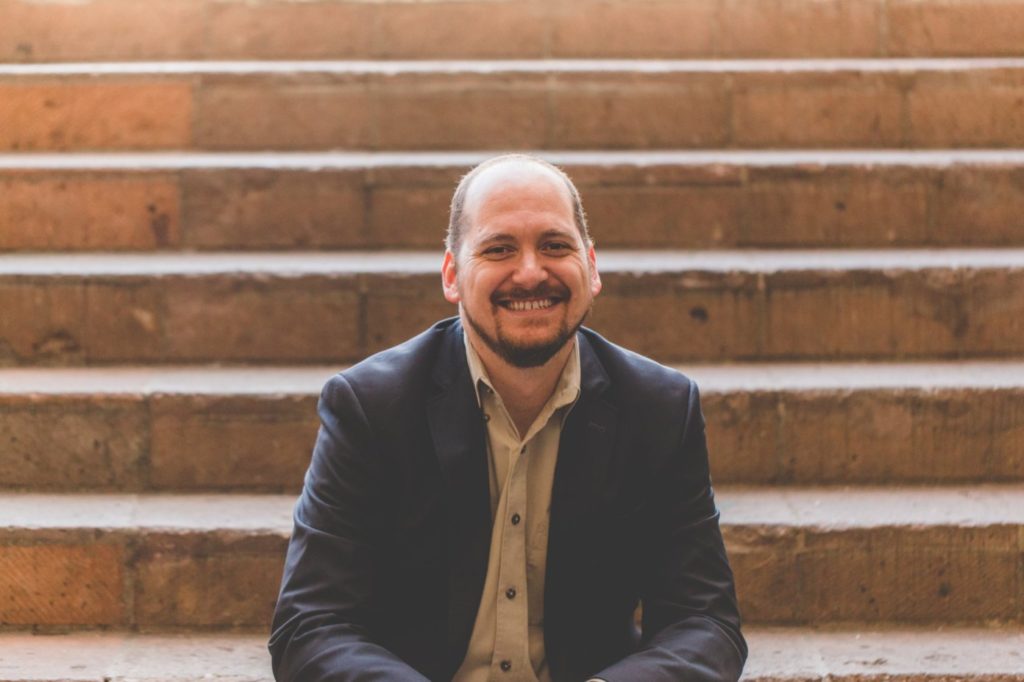About: My Story
I’ve had a varied career launching startups and building businesses. I love learning, and have often had to do it the hard way—including starting over.
I see the world differently, and understanding that perspective requires knowing more about my story and where I come from. I went into foster care as a baby and had a unique upbringing in several respects
It’s a long story.
Here it is:
Early Years
I spent the first year of my life with my mother—I never met my father. And then something happened and I ended up in foster care in Fresno County.
I grew up with an incredible foster family in the rural countryside.
They were respite parents, so there were always kids coming and going. But they did adopt a few kids—including trying to adopt me—and had a biological child as well.
I remember those days as an idyllic childhood. They were beekeepers, and I remember almond orchards, peach trees, and 70 hives. I’d get stung five or 10 times a day. But it was the kind of rural childhood where you worked hard but had everything you needed. I remember lots of days roaming and exploring the barrels where we burned our trash or tinkering in the garage.
Transition
Growing up with this foster family, I didn’t even know I was adopted. I was too young to understand. I remember around the age of eight a gentleman kept coming around with a clipboard and there was a visit to a courthouse. But I didn’t know what was going on. Looking back on it, my foster parents were going through the process to finalize my adoption.
That’s when my biological mother came back into the picture and everything turned upside down.
I remember an early morning, all the kids were gathered around the heater to stay warm, and the phone rang.
I answered it and remember yelling, “Mom, the phone’s for you,” to the next room.
“Don’t call her ‘Mom’!” the voice on the phone screeched. I started to cry. I didn’t know who was calling or why they were yelling at me. It turned out to be my biological mother, who at that point was a stranger to me.
My foster parents hadn’t yet told me the story of how I came to be with them. They were probably waiting until I was older—it was all over my head at the time.
My mother eventually regained custody and I went to live with her. The court mandated a separation process and once this was over there was little or no contact. I didn’t see my foster family again until years later when I tracked them down during high school. Losing me had been a traumatic experience for them. They withdrew to protect themselves and stopped fostering kids and offering respite care.
Adolescent Years
Everything changed when I started living with my mother. She was on her third husband, but they had domestic disputes and there were restraining orders at different times. We lived in roach-infested HUD housing and were evicted on a regular basis. There were always cigarettes, but we didn’t always have milk. I went from an idyllic, rural existence to rundown apartment complexes where drugs and alcohol were freely available and people constantly fought.
Looking back, I realize the challenges my mom faced. She had a brain aneurysm before I was born, and it made her a completely different person. No matter how much she applied herself, she could never hold down a job. She struggled with alcohol, but she sobered up in order to get custody of me—and I know she fought to stay sober, always attending AA meetings. I didn’t realize it at the time, but this was progress for my mom given the aneurysm and alcoholism that resulted.
But for me, life had completely changed. You can imagine how angry I was. I remember skateboarding, and when I fell, I’d go into a fit, throwing my skateboard and smashing it.
My mom had custody, but she couldn’t often support me as her own challenges staying sober were so much bigger. She’d forget to pick me up from school. I had to rely on myself. My mom and stepfather would argue, and I’d check out. I spent a lot of time wandering around the apartment complex by myself, poking my head in open doors and finding people to hang out with.
I realize now how badly that could have ended. I did come across a lot of bad characters. But I had the providence and good luck of connecting with the right people.
Searching for Mentors
During those adolescent years I didn’t have the kind of role models I needed, so I sought out mentors. They changed my life. I learned basic skills, values, and the simple facts of life (like deodorant).
One of the times when my parents were arguing, I wandered around the apartment complex and found an open door where this guy was playing Asteroids. I watched from the doorway for a few minutes before sticking my head in and asking if I could play.
There I was, 9 or 10 years old and playing video games with a stranger. Like I said, this could have gone badly. But it turned out I stumbled across an incredible mentor. He was this nerdy guy who liked video games and radio-controlled planes. He had a business fixing electronics and he showed me how to fix circuit boards. We’d go boating and he taught me how to fish and water ski.
During these years I told myself that if something was going to be done, I had to do it myself. I couldn’t rely on my parents for anything. I didn’t ask them for advice or guidance. There was a lot of self reliance—too much of it—but I also learned to seek out other people. I made friends easily and could connect with anyone, because I had to, and that meant I found a series of people I could count on.
I met another guy at the apartment complex and learned more about working on electronics. There was a youth pastor around this time who offered a lot of advice and insight. I remember he let me crash at his house when I needed to.
My volleyball coach turned out to be another valuable mentor. He taught me it’s better to be two hours early than five minutes late (which I’m still working on). If anyone dropped a ball or caused a distraction while he was talking, he’d make us run. He wanted us to understand that our behavior impacts others, that we’re a part of other people’s success. He also taught us that we shouldn’t compare ourselves to others, but compare who we are to who we could be. Those lessons have stuck with me.
Even the kids I hung out with proved to be a valuable influence. My biological parents were recovering alcoholics, so I wanted nothing to do with the kids who partied. I ended up hanging out with the religious kids, which meant soaking up more good values. I just noticed things that were different, whether it was the girl who rebuffed my advances but did it while still being friendly and nice or the guy with a tough home life who still managed to be an amazing person. Those kinds of things piqued my curiosity.
Finding Technology
So despite a lack of direction from my parents and generally missing out on a lot, I still got what I needed. But I didn’t know what I wanted to do with my life, so I went to an inexpensive city college to figure it out. Though a lot of my defining moments didn’t come in the classroom.
You should have seen me on campus. I didn’t have a car, so I rollerbladed to school. But I kept the rollerblades on all day—wearing them to class, skating down the halls, even navigating stairs. I had long, curly locks then, so you can just picture me streaming down the hallway with my hair flowing behind me.
Early in college I had an old computer (386/25!), so a friend took me to a computer show and taught me how to upgrade it myself. Back then you could pick up all the different pieces—a vanilla case, processor, hard drive, memory, etc.—and build yourself a computer. You just snapped all the components together like Legos. After learning that skill, I looked for other folks who needed a computer or an upgrade and I showed them how. Passing on what you learn came naturally for me.
Using my newfound computer skills, I answered a classified ad to teach someone how to use Windows, Netscape, and Quickbooks. I wasn’t exactly an expert, but Windows programs all worked roughly the same and I figured I could stay one step ahead of the person I was teaching.
After the lesson, the guy asked what he owed me. I didn’t know what to charge, so I told him to just pay me what he thought was fair. He paid me $80 for two hours of work. At the time, I was making $4.75 per hour at a bookstore. I was shocked. My consulting career began right there.
Early Career
I took that computer knowledge and got a job at the computer lab for Pasadena City College. I worked the overnight shift and spent all my spare time (because who comes in for computer help at 3 a.m.?) learning everything I could. I learned PCs, Macs, and NT servers, but more importantly, I learned how to help people. I kept asking my boss what else I could do, and he kept giving me more responsibility. I became the manager, wrote the operations manual, did marketing, built a website, and more.
As soon as I discovered I wanted to go into technology, I looked at the required courses and decided I could learn it myself. So I didn’t finish school, but went from paying the school to learn to being paid by the school to learn. Seemed like an ideal trade.
From there I went to work for a different computer lab at the school. They paid me to be available and come in as needed to fix things. Which meant I got paid whether I worked or not. That meant I could do business on my own terms.
It also taught me a valuable lesson. Working for a school meant I was making good money during the academic year, but I made nothing during the summer. I hadn’t planned for that. I was broke. Suddenly I couldn’t pay rent and had to borrow money.
That experience forced me to put my resume up on Yahoo Jobs. The American Film Institute (AFI) called and my income quadrupled (plus I actually got paid during the summer). I worked there for five years and soaked up experience from an incredible boss. I did IT support for a cross-platform environment, so that meant everything from calendars and email to cybersecurity. While the pay was good, the real benefit came with all the on-the-job learning.
During my time at AFI another company offered me a job for double the salary. I asked my boss for a raise, and while he couldn’t double my pay, he did offer to let me work at home. Being salaried and working at home meant I had to be available and keep things running, but otherwise my time was my own. That freedom taught me the importance of offering value and not just putting in hours.
I used that freedom to start my first company, Enthusiast. I was able to work without a salary from Enthusiast for two years while we got it up and running, thanks to AFI. AFI eventually became an early Enthusiast customer.
Starting Over
I’ve learned a lot along the way—it was rarely easy. I’ve had to start over a few times, and some lessons I had to learn the hard way. How hard? Losing my house hard.
I sold my interest in Enthusiast in 2008, just in time for the economy to crash. I tried another startup, but that failed. Pretty soon I could only pay 90% of my mortgage payments and simply providing for my family became a challenge.
We spent our savings to fix up the house and sell it so we could pay off the mortgage. During the financial crash a lot of people were just walking away from debt, but I couldn’t do that. My foster dad always told me to pay what you can, even if it’s short. These were tough days, but I’m proud we were able to uphold our end of the agreement. At the end of the day, it’s about more than money.
So we were able to unload our house and pay off the mortgage. We moved into a rental, and I had to rebuild my income and my savings. But more than a job, I needed immediate cash to stay afloat. I reached out to my network with a marketplace approach, offering my services for cash. I did that for two months, tapping into an unrealized source of perseverance and resilience.
That experience showed me the value of my insight and expertise—as well as the importance of taking initiative and even being vulnerable. From there I moved into Salesforce consulting. I worked for a couple different companies, acquiring one, starting and selling another before landing in my current position as a Salesforce coach overseeing consultants and working with partners.
Why Salesforce?
I’ve always been a little bit weird. I never fit into preconceived boxes. Early on, jobs always seemed to focus on working with people or doing the technical work. I wanted to do both, but that was never an option.
But Salesforce brings the two together. You need both the technical solution and the bigger picture view of how that solution impacts real people. Key stakeholders don’t care about the tech, they just want to know that it works and helps the bottom line. Salesforce works best when you understand these two (and several more), and that’s why it’s always appealed to me.
Here are three reasons why I love working with Salesforce:
- Digital quality of life: Everything in our lives is becoming digital, and that’s not always good. The refrigerator, thermostat, and garage door opener all have apps, and if those apps don’t work exceptionally well then our quality of life starts to drop quickly. Salesforce presents an opportunity to radically improve our digital quality of life. We can make all these apps work better, and that has a real impact on people’s day-to-day lives.
- People impact: I don’t love technology for the sake of technology, I love it because it can change people’s lives. Doing tech right can have an incredible impact on people. So often our work involves a lot of busy work to get to the real work we’re supposed to be doing. But the right tech can cut through that and help us do what we’re supposed to do. That means less stress and less burnout, more fulfillment and more happiness.
- Always learning: I’ve never been happy with the status quo. I’m always looking for a better way of doing things or something new to learn. It drives people crazy, but that’s just how I am. And Salesforce satisfies that voracious appetite. Three times a year, Salesforce has a new release. That means every four months there’s something new to learn. The release notes are over 400 pages, so there’s plenty of new things to dive into. I love it.
The Value of a Team
The latest lesson I’ve learned is the value of a team. You can only do so much by yourself. But you can do so much more as a team when you bring in other people with skills you don’t have. It’s also just more fun to work with other amazing people.
With my current work helping Salesforce pros and overseeing a technical team, I see the value of a team every day. We can inspire and challenge each other. We bring different skills to the table and there’s an opportunity to invest in these other people and see them succeed.
I think that’s part of my story where all these different people invested in my life. It started with my foster parents teaching me skills on the farm and answering my questions. Then different mentors invested in my life. Even in my earlier career, there were friends who taught me skills or suggested I post my resume or gave me advice. And I always did my best to pass it on. You can do that as an individual, but it works best when you can build a team and do it on a regular basis as part of your work.
So build a team around you, whether it’s your immediate coworkers, a larger network, or your own staff.
Giving Back
Whether it’s my day-to-day work with Salesforce pros or my work helping fellow foster kids through FounderKids, I’m always trying to give back. My life story is peppered with people who invested in my life. I wouldn’t be who I am today or where am I today without those investments.
So I try to invest in people on a daily basis. I’m always trying to offer value and push other people to do better. I want my legacy to be that people just play better when I’m on their team.
